When Oldways created the Mediterranean Diet Pyramid with the Harvard School of Public Health in 1993, olive oil was an exotic product, sold mainly in small ethnic shops. Our challenge to bring olive oil and the Mediterranean Diet to American consumers was magnified by the fact that our governments dietary guidelines advised people to avoid all kinds of fat including olive oil.
How could we make the Mediterranean Diet Pyramid jump of the page and enter the hearts and minds of Americans We took a giant leap of faith, and decided to organize a series of culinary and cultural symposiums in Mediterranean countries.
We raised funds from the International Olive Oil Council and the Ministries of Agriculture, Culture, and Tourism of countries around the Mediterranean to bring journalists, chefs, cookbook authors, food retailers and scientists to different countries for week-long symposiums. To educate Americans about the Mediterranean Diet and olive oil, we needed journalists to write stories in newspapers and magazines; chefs to add new dishes to their menus and put olive oil on their tables; cookbook authors to create a wide variety of new cookbooks; food retailers to put olive oil and other Mediterranean products on their store shelves; and scientists to research and publicize the benefits of the healthy and incredibly delicious Mediterranean Diet.
Soon our original challenge was transformed into a new problem: How to make room for everyone who wanted to participate. These trips were highly sought after. Writers, retailers, and chefs didn’t want to fall of our list. The people who attended still talk fondly and wistfully about them and still use what they learned in their work. These trips were exciting times at Oldways. Yet the trips themselves were challenging! Getting 100 people to far away places like Casablanca, Tunis, Istanbul, Crete, and Puglia (among others) was no easy feat, and managing all of these people was also a challenge, although a very happy one.
We continue to believe in the importance of culinary travel but now our trips are open to the public, giving everyone a chance to take part. Oldways Culinarias are extraordinary culinary tours, planned with our firm belief that the heart of any culture can be illuminated by exploring its food, wine, and culinary traditions.
In our ever-changing, complicated world, there is great value in experiencing and understanding other cultures, and the prism of food is one of the best ways to embrace other cultures. This is one reason culinary travel is important and can make a difference in how individuals see things.
Oldways has another reason to believe in the power of culinary tourism: health. With our mission to inspire healthy eating through cultural food traditions, culinary travel is an effective cog in the wheel. Participants learn how traditional products are made, and how they combine to make healthy, traditional dishes and meals. To illustrate this point, let me describe two culinary trips our most recent trip to Italy and our upcoming Oldways Culinaria to Greece.
In May 2016, Oldways and 50 lucky travelers experienced the culinary traditions of Emilia Romagna considered by Italians as the food region of Italy with Chef Barbara Lynch and art curator Ronni Baer. In Parma, we visited the Serra family and their Parmigiano-Reggiano dairy, Valserena, learning how this most magical cheese is made the same way it’s been made for years. Giuseppe Serra is a cheesemaker, and his sister Antonetta is a veternarian, who takes care of the very special brown cows who produce the milk for Valserena’s Parmigiano-Reggiano.
We also visited Pio Tosini, a maker of Prosciutto di Parma, located in the small town of Langhirano at the foothills of the Apennines. With their traditional curing room filled with pigs legs hanging from 60-year-old wooden racks, they are the last producer exporting to the U.S. that relies solely on the traditional method of drying the hams by natural ventilation through open windows.
At Acetaia Malpighi in Modena, we learned how the true, thick, traditional balsamic vinegar (Aceto Balsamico Tradizionale) is produced, aging in a series of I’ve barrels made of I’ve diFFerent kinds of wood. Plus pasta we couldn’t forget pasta. We watched a local chef make homemade pasta, and we visited the headquarters of Barilla in Parma, seeing how they produce hundreds of kinds of pasta that people enjoy the world over.
And best of all, we cooked. Barbara Lynch, with her executive chef Michele Carter, created a lunch menu featuring all local ingredients and then showed us how to make it at home. All 50 of us also had a turn at the stove when we produced a dinner for the group in the kitchens of Academia Barilla. Cooking is important to us at Oldways, and is an essential ingredient to making the world a healthier place. We want everyone to be excited to try these wonderful ingredients and want to use them because they taste good and also happen to produce healthy dishes.
At the time this blog post was written, our next culinary travel trip was to Greece in November 2016. The trip included Thessaloniki, Athens, and the island of Kea. We visited Greece’s great cultural treasures, and learned how the Greek people were coping with a time of sacriFIce and struggle, in part by returning to their agrarian roots. During our eight days in November, we showed solidarity and support for Greece by visiting museums and cultural sites, touring food markets, and eating well!
Plus, Chef Ana Sortun dazzled us with a cooking lesson at the American Farm School in Thessaloniki, and also joined with cookbook author, food writer and cooking teacher Aglaia Kremezi at Aglaia’s school on the island of Kea for a second cooking class. As the photos from Kea Artisanal show, great taste and healthy meals go hand in hand.
Thats what we want to bring back from our Greek trip and every Oldways Culinaria: Ideas and inspiration for great taste and good health, along with a greater understanding of life in a place other than our home. We hope you’ll join us on a trip soon. Learn more about Oldways culinary travel tours.
Sara Baer-Sinnott, President


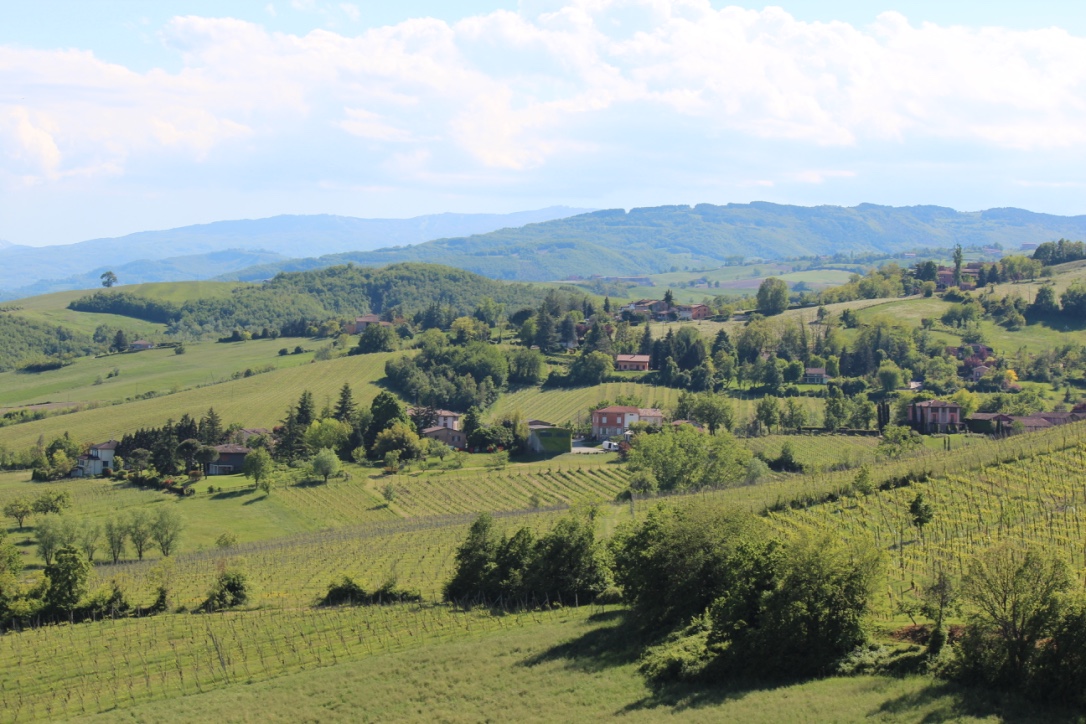
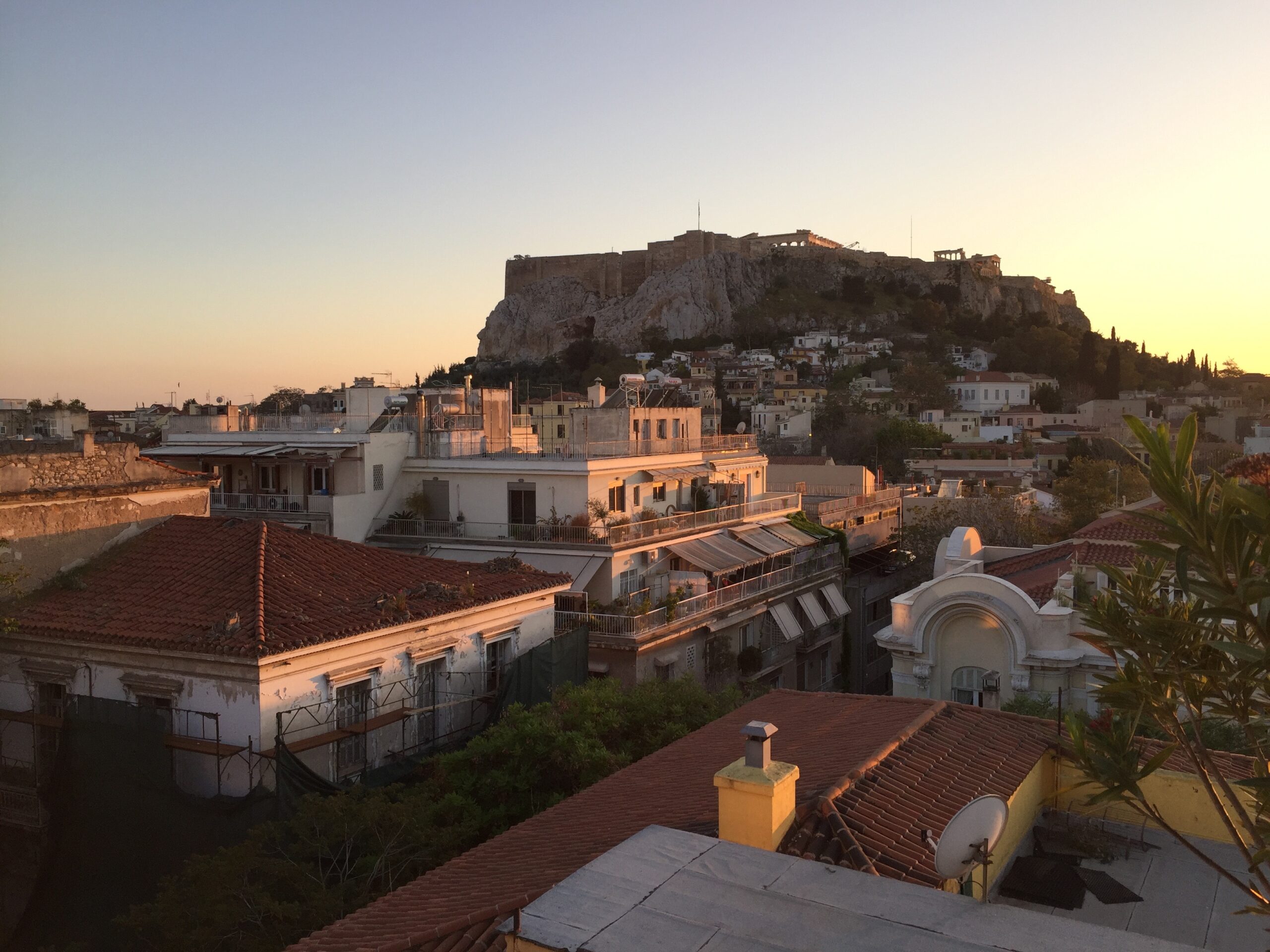
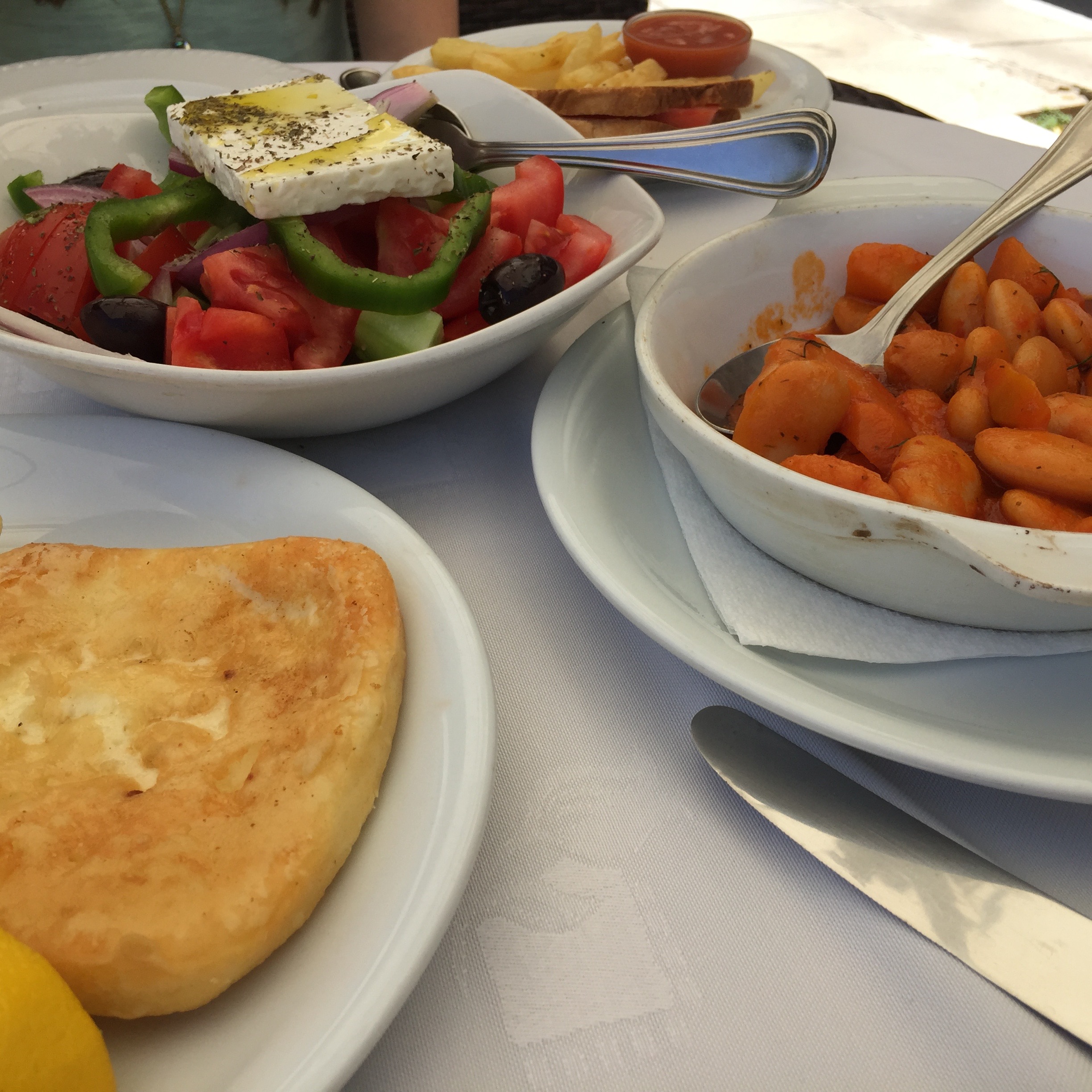
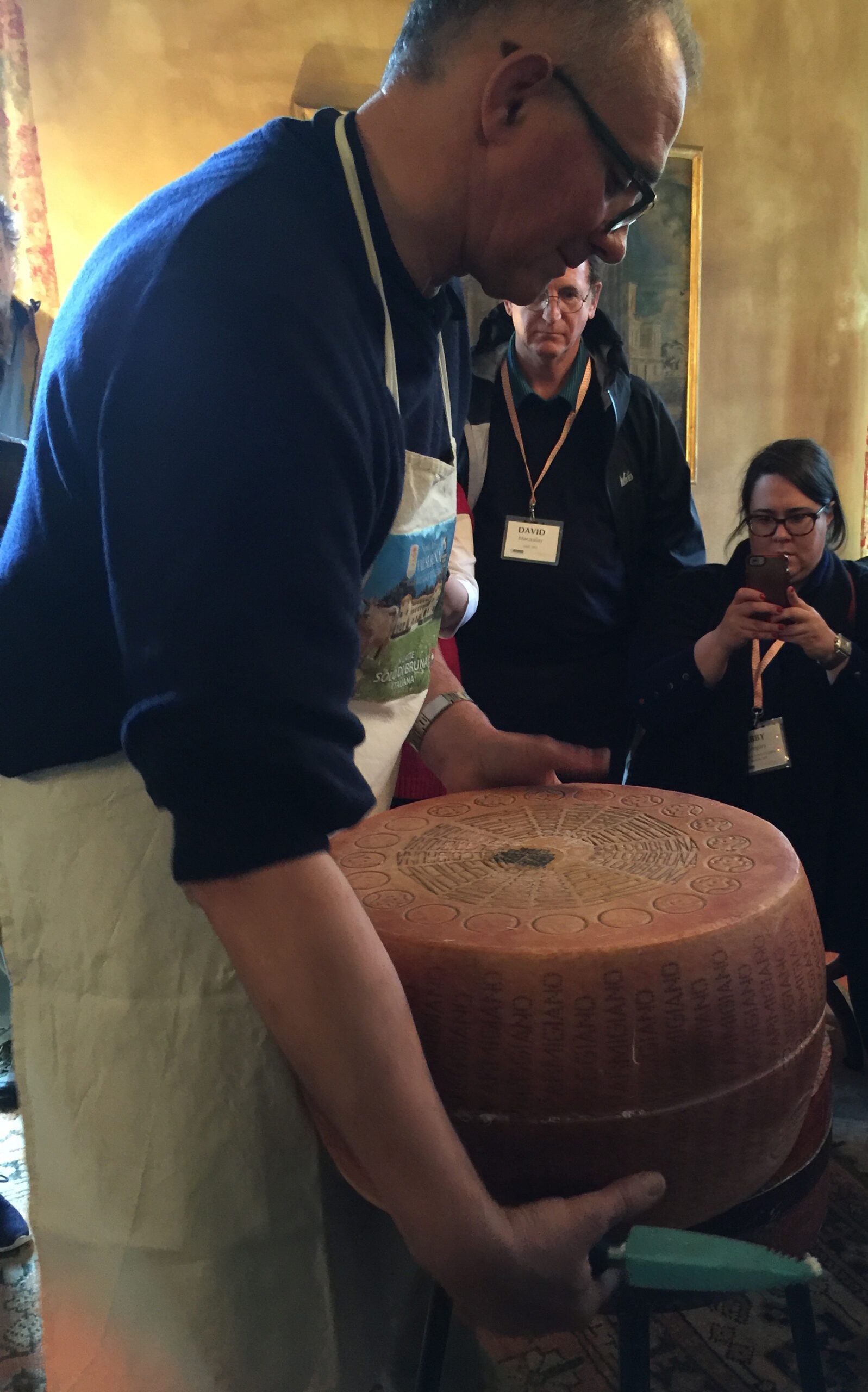
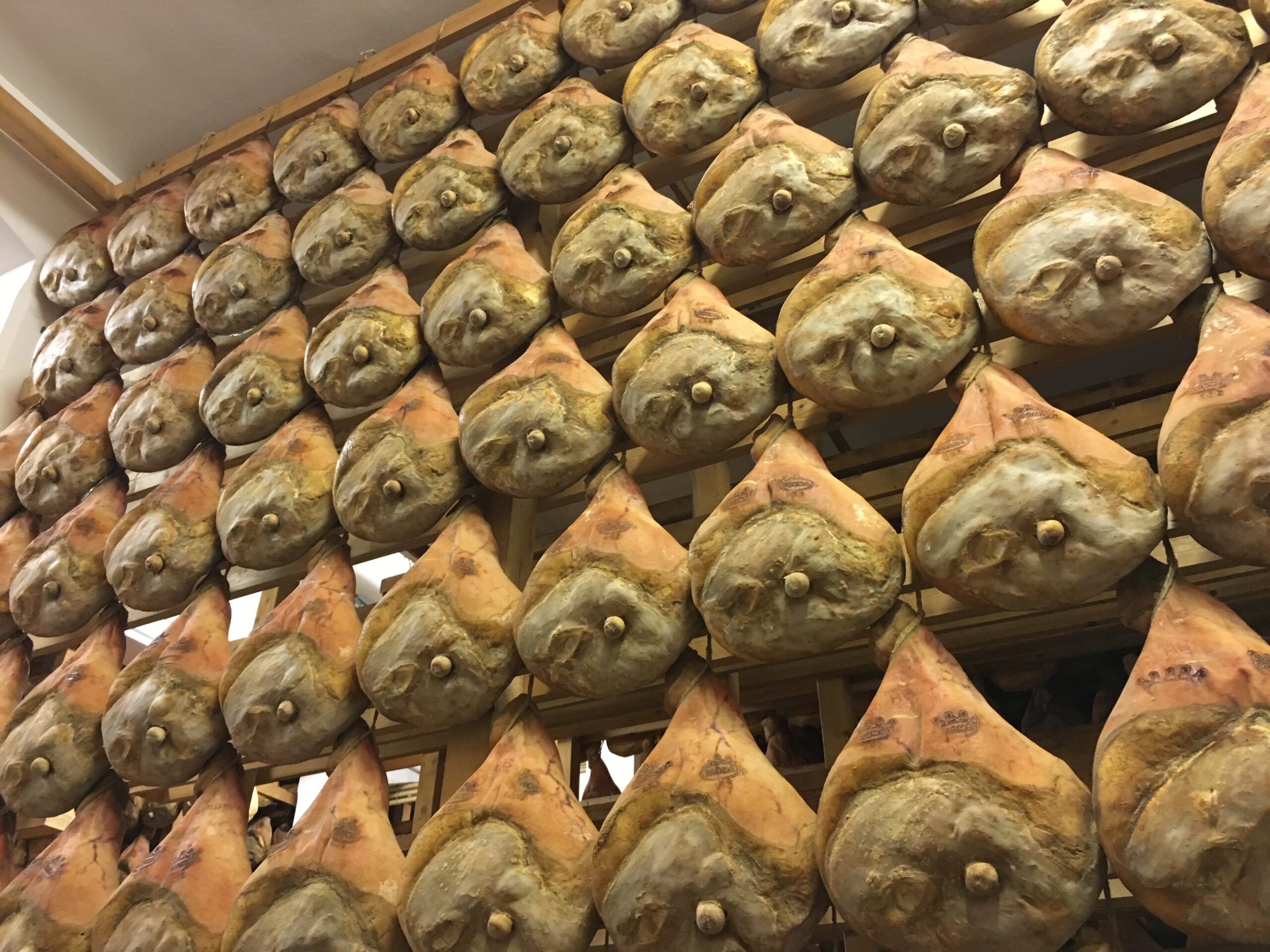
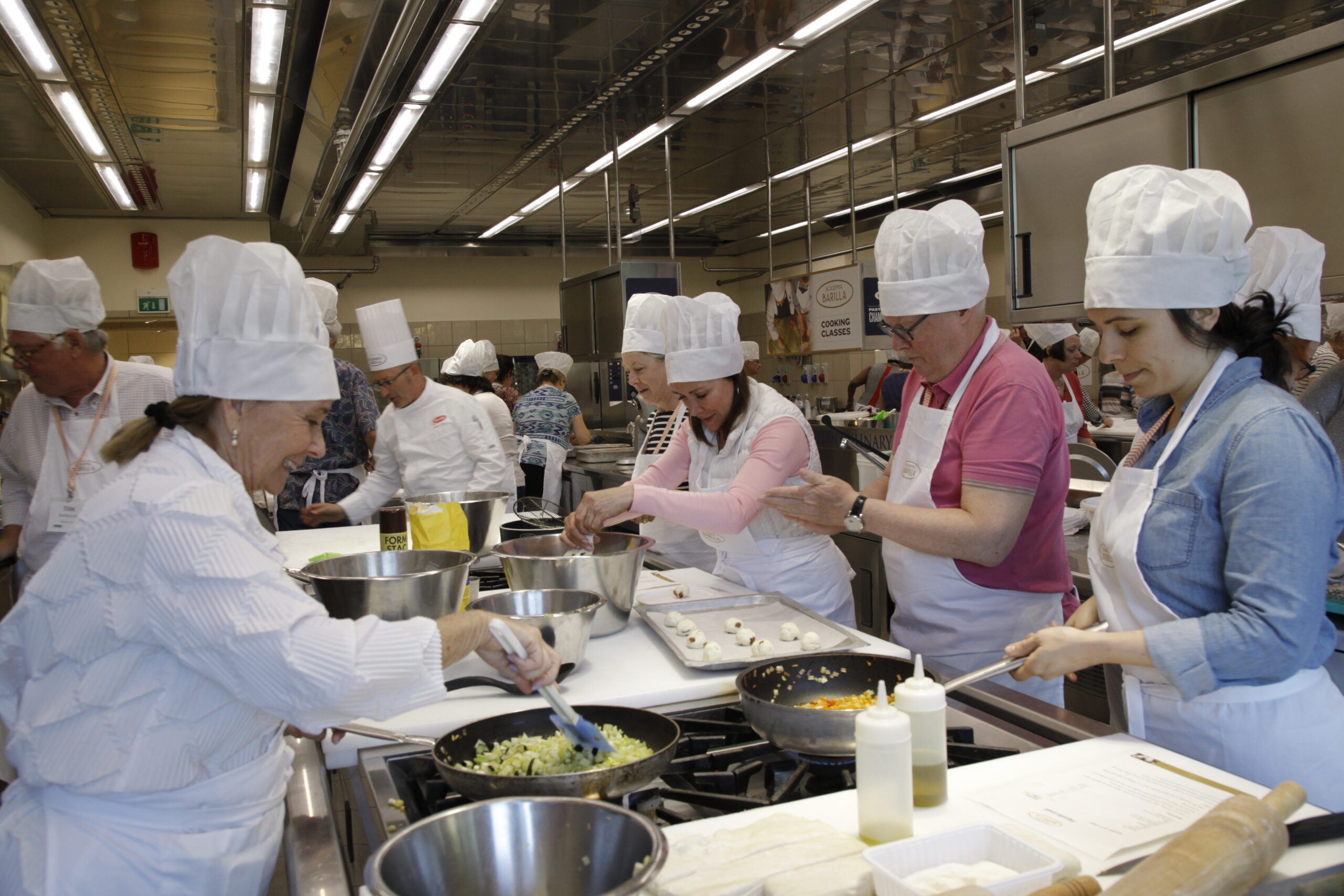
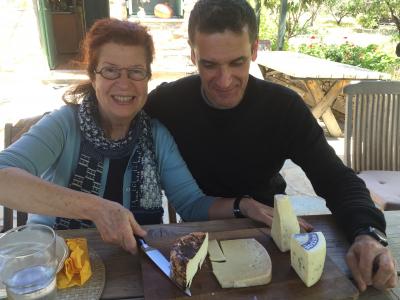
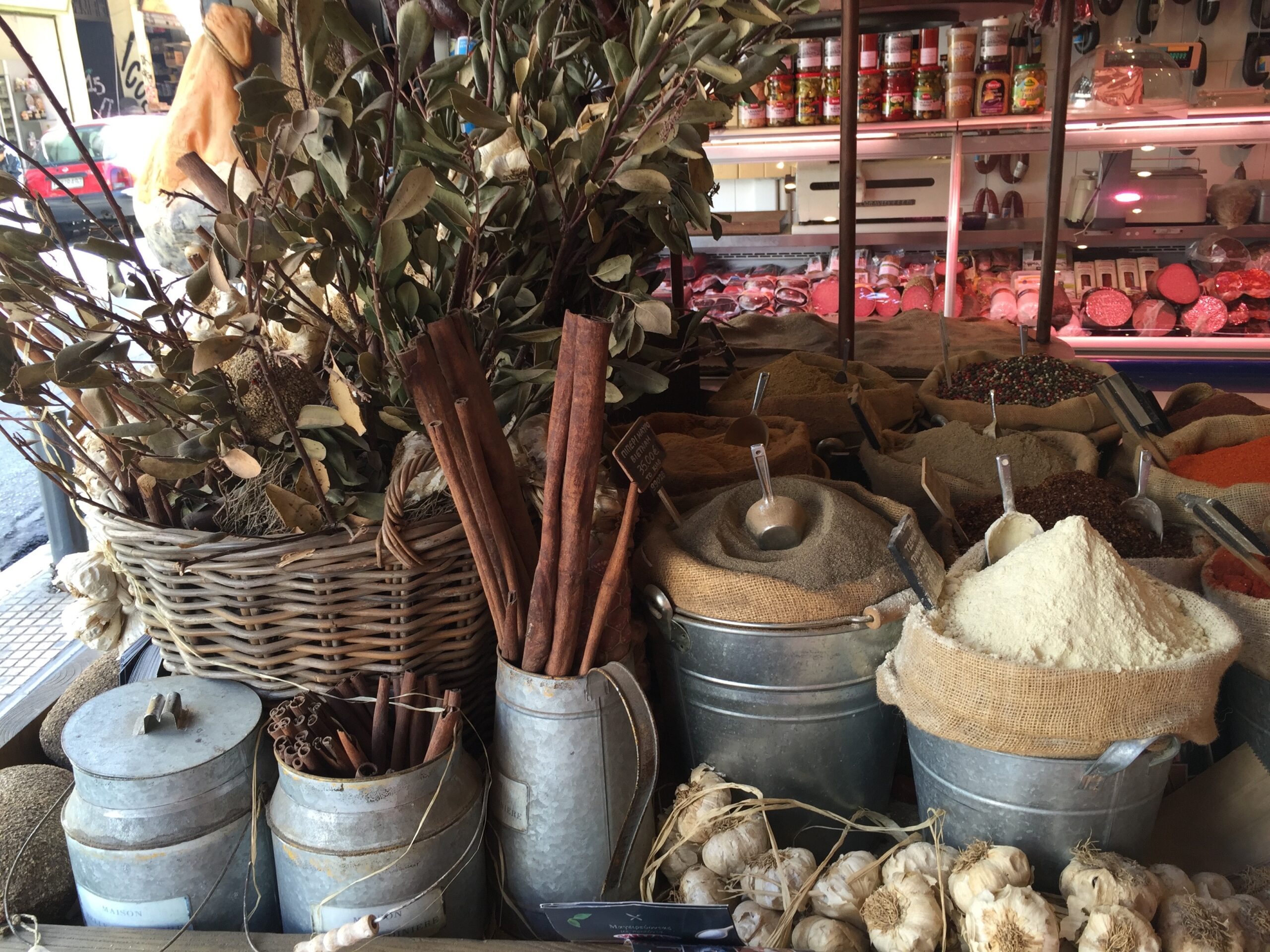




Leave a comment